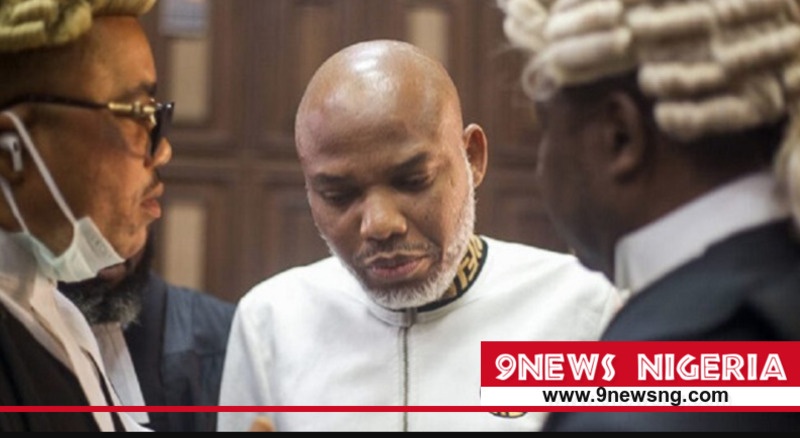Kenya’s opposition leader Raila Odinga yesterday rejected outright the result of last week’s “sham” election that handed President Uhuru Kenyatta a landslide win, saying it should be scrapped in favor of yet another vote.
He vowed to fight on. “This election must not stand. If allowed to stand, it will make a complete mockery of elections,” he said in his first remarks on Thursday’s presidential re-run, which his supporters boycotted en masse. Odinga said he would use pickets and petitions to protest the poll and convene a “People’s Assembly” to try to improve governance but made no mention of challenging the result.
“We will guard our right to dissent by exercising it,” Odinga said in a long-awaited television address. He emphasized that he wanted to limit his protests to well-recognised, legal avenues. Odinga’s first public comments since election results were announced Monday suggested that Kenya’s political and ethnic tensions are unlikely to dissipate anytime soon.
The opposition leader, who boycotted the Oct. 26 vote, hinted that his supporters could appeal to the nation’s highest court to nullify a presidential election for the second time since August. “We shall see to it that we conduct a free, fair and credible presidential election as ordered by the Supreme Court,” Odinga said. “It’s in our best interests that we do so sooner rather than later.”
The court invalidated the Aug. 8 election in which Kenyatta was declared the winner after finding what it called “irregularities and illegalities.” Odinga, whose petition alleging vote-rigging led to the court’s ruling, boycotted Thursday’s vote because he said electoral reforms had not been made.
Kenyatta has said he expects legal challenges to the latest election, which he won with an overwhelming 98 percent of the vote because he faced no significant challenge. The opposition also plans “economic boycotts, peaceful procession, picketing and other legitimate forms of protest,” said Odinga, emphasizing that demonstrations would be peaceful.
However, his supporters have often clashed with police in Nairobi slums and opposition areas in western Kenya since the latest election. At least nine people have been killed. The opposition accuses security forces of using excessive force, while the government says Odinga’s camp has incited violence.
“If there is no justice for the people, let there be no peace for the government,” Odinga said Tuesday. The unrest has highlighted divisions that continue to roil East Africa’s economic hub.
Also Tuesday, business and religious leaders pleaded for calm in a country weary of tension. The head of a Kenyan business association, Nderitu Mwangi of the Hood Group, said companies have suffered big losses because of the turmoil.
The vote has left the country “grossly divided along ethnic and political lines,” The National Council of Churches of Kenya said. Kenya’s election commission has said the turnout of registered voters in the Oct. 26 election was about 40 percent, compared with roughly twice that in the August balloting. Odinga remained on the ballot and still got 73,000 votes, or just under 1 percent. In August, he received 45 percent to Kenyatta’s 54 percent.
Voting did not take place in two dozen of Kenya’s 290 constituencies due to opposition protests, although the election commission cited an election law that says final results can be announced if the outcome is not affected by the tally in areas that didn’t vote.








